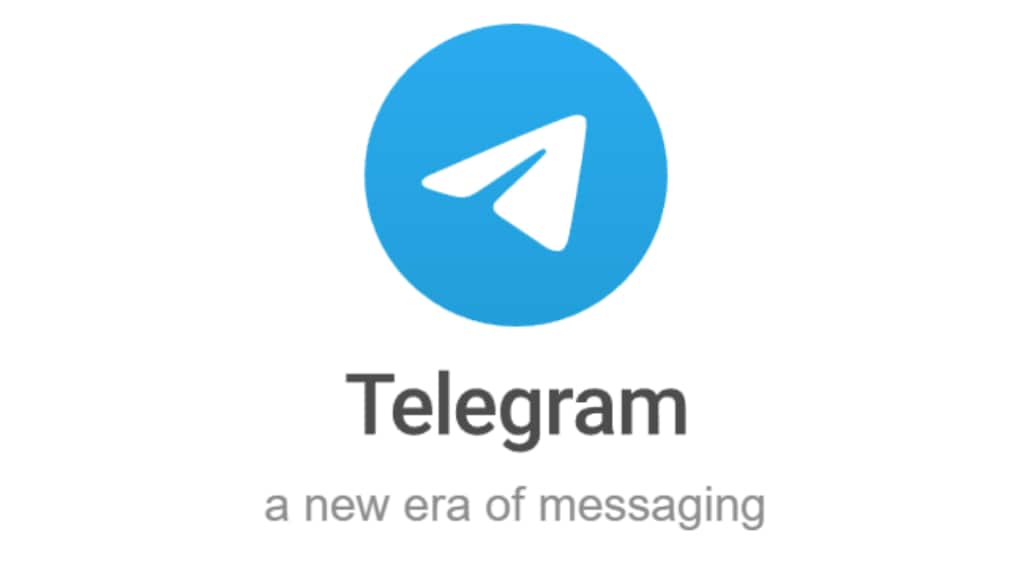Social media and instant messaging app Telegram, which is being investigated by the authorities for various alleged violations, is likely to being held liable under the Information Technology (Intermediary Guidelines and Digital Media Ethics Code) Rules, 2021 rather than being banned, sources said.
This is because being an intermediary the company has a safe harbour status under Section 79 of the IT Act. The same gives the company immunity against any kind of third party content being posted on the platform.
In case of non-compliance with any kind of government orders on removal of certain illegal content, the company would lose its safe harbour and be prosecuted as per the law, officials said, adding that another angle of national security violation is also being looked at.
Sources said a ban on the app is not being looked at as an option at present. The company has a compliance officer and other people in India, the government will first see the extent of violations as per the IT Rules and might also issue warnings or certain account/content blocking orders on the app, an official said.
The action from the government with regard to investigating Telegram has come following the arrest of the company’s founder and CEO Pavel Durov in Paris. Durov has been arrested on charges such as storing and distributing child sexual abuse material (CSAM) content, facilitating drug trafficking and facilitating organised fraud and other illegal transactions, and refusal to co-operate with law.
The global development led the government to investigate the matter with regard to the violations here. Lately, users on the Telegram app in India have been involved in criminal activities including distribution of pornography content, exam paper leaks, sale of fake SIM cards, among other illegal activities.
“Telegram is being misused by many people especially on copyright violation and obscene content. These are the areas where it needs to be proactive in removing those content and stopping illegal activities,” said Rakesh Maheshwari, former senior director and group coordinator cyberlaws and data governance at the ministry of electronics and IT.
According to Maheshwari, while Telegram was quick to comply by having a grievance officer and compliance officer in India post the notification of IT Rules, 2021, the company must start publishing in public the transparency reports in India and how much content moderation action it has taken.
A section of experts said banning the app should be the last resort in case there is a national security threat, large scale complaints related to illegal operations being run via app or on cases of user harm, and unwillingness of the company to do its due diligence or respond to government’s orders.
Telegram has more than 5 million registered users in India. Besides the illegal content and activities, the app is being used by several students for studies, storage of content and documents.
“Safe Harbour under Section 79 requires a certain standard of due diligence to be met for an intermediary to enjoy the protection. This also entails some sort of moderation and check on how the platform is run. If the intermediary platform fails these standards, it can be held liable for the activities done by users on its platforms,” said Dhruv Garg, partner, IGAP – a think tank.
“However, if say sovereignty of India or security of a country is at stake (the 6 grounds under Section 69A), the government can ban an app/website straight away too by following the rules under the IT Act,” Garg added.
Legal experts said, for banning the services of Telegram there will be a certain burden of proof and grounds, which the government will have to cite. The company cannot be asked to stop services in the country until and unless it is proven that it is intentionally being involved in all the content moderation and illegal activities being run on its platform.
Shruti Shreya, senior programme manager at The Dialogue too echoed the viewpoint that the government should not ban the app straight away and instead focus on giving warnings first.
“No doubt that there is a concern of illegal activities being run from Telegram but there are legitimate people as well who are using the platform for good,” Shreya said, adding that the feature of secret chat which is end-to-end encrypted, is a great tool for journalists, and victims of any abuse, among others.
According to Shreya, procedural issues such as non-compliance of any government order by intermediaries and transparency report should not be linked to the Safe Harbour clause, and should involve fines and penalties.
Content related obligations, however, can continue to be linked with Safe Harbour for better transparency, accountability and specificity, but the Shreya Singhal jurisprudence should continue to guide this liability, she added.

